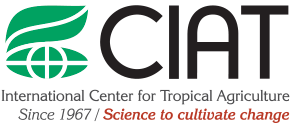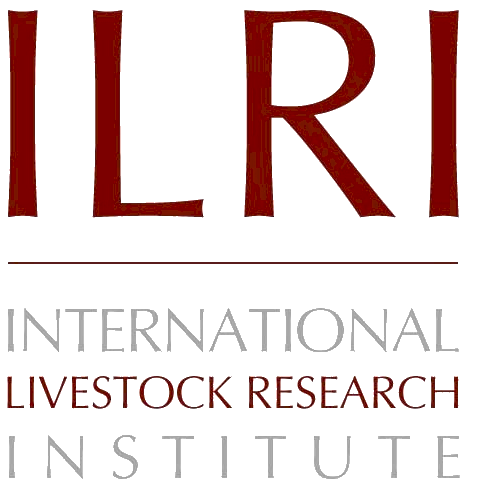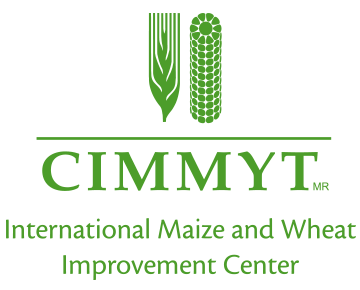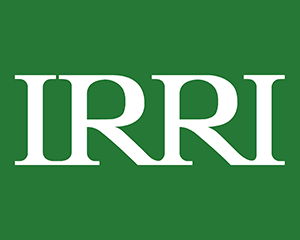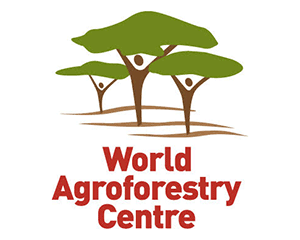
Key messages
- The UNFCCC’s Koronivia Joint Work on Agriculture creates an opening for agroforestry to take on an important role in Africa’s response to climate change.
- We reviewed measurement, reporting and verification (MRV) of agroforestry under the United Nations Framework Convention on Climate Change (UNFCCC) by examining national communications, nationally determined contributions (NDCs), REDD+ and Nationally Appropriate Mitigation Actions (NAMAs) in developing countries, including all African nations.
- Support for agroforestry was stronger in Africa than any other region, and many African nations plan to use agroforestry to meet climate goals. However, technical and institutional barriers often prevent agroforestry from being represented in UNFCCC MRV processes.
- The fact that agroforestry often isn’t counted in national MRV systems has significant implications. Only if agroforestry resources can be properly measured will countries gain access to sources of finance and other support for agroforestry as a response to climate change.
- Widespread and strong support for agroforestry suggests that, in responding to the Koronivia Joint Work on Agriculture, African nations should emphasize agroforestry as a central strategy in the continent’s climate change strategies.
Rosenstock T, Wilkes A, Courtney J, Namoi N, Bulusu M, Mboi D. 2018. Making trees count in Africa: Improved MRV is needed to meet Africa’s agroforestry ambitions. CCAFS Info Note. Wageningen, The Netherlands: CGIAR Research Program on Climate Change, Agriculture and Food Security (CCAFS).


